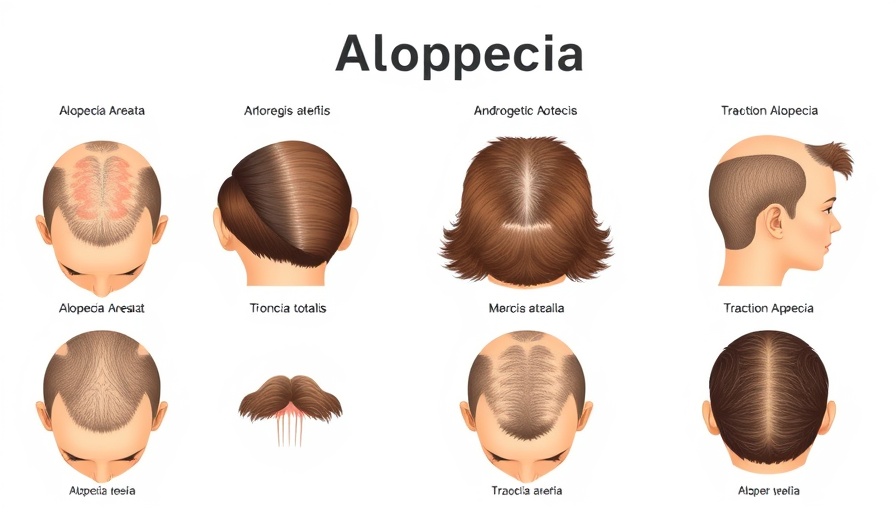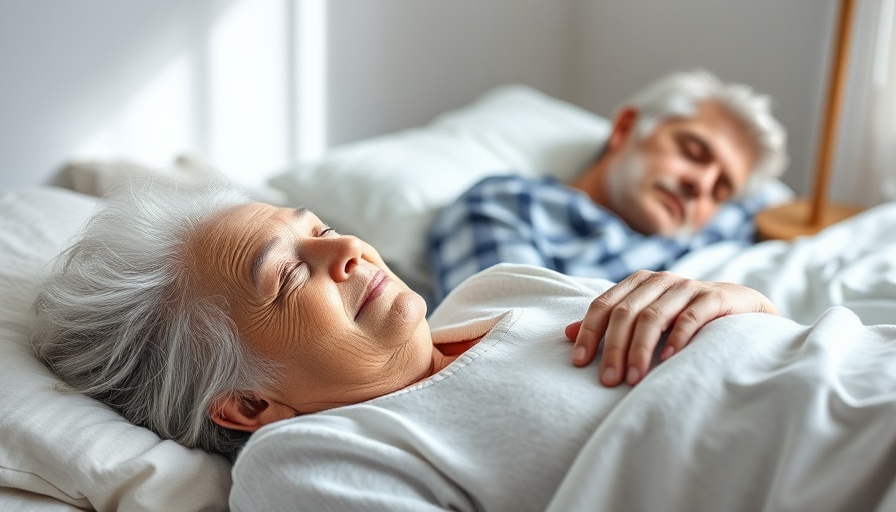
Window into Alopecia: Understanding Hair Loss and Its Types
Hair loss can be a distressing experience that affects millions across the globe, leading to significant social and emotional challenges. Alopecia, the umbrella term for hair loss, encompasses a variety of conditions, each with its own characteristics and impacts. From the autoimmune nature of alopecia areata to the genetic predispositions associated with androgenetic alopecia, understanding these types empowers individuals to seek the care and support they need.
Diving Deep: The Spectrum of Alopecia Conditions
Alopecia is not a one-size-fits-all situation. Several forms manifest differently and can affect anyone, regardless of age or gender. Among the most recognized types are:
- Alopecia Areata: This autoimmune condition features sudden patchy hair loss, often leading to alopecia totalis or universalis in severe cases. Visible patches can be alarming for those affected, as there's often no predictable pattern of regrowth or loss.
- Androgenetic Alopecia: Known widely as male or female pattern baldness, this condition is linked to genetics and hormones. It appears as receding hairlines in men and diffuse thinning in women, signaling a gradual but steady change.
- Traction Alopecia: A preventable form of hair loss resulting from hairstyles that exert prolonged tension on hair follicles. By opting for looser hairstyles or avoiding tight treatments, individuals can significantly reduce their risk of this type of alopecia.
The Emotional Weight of Alopecia
Beyond the physical implications of hair loss, the psychological toll can be far-reaching. Many people report feeling diminished self-worth and anxiety stemming from societal perceptions of beauty. The visibility of their condition can lead to social isolation or reduced professional confidence. Acknowledging these emotional impacts is essential, as it highlights the importance of addressing not just the physical symptoms of alopecia, but any mental health concerns that arise from it.
Breaking Ground: Recent Advances in Alopecia Treatment
As research into effective treatments for alopecia progresses, exciting new options have emerged. Clinical trials are exploring innovative therapies, including topical medications and injections designed to stimulate hair regrowth and target the underlying causes of hair loss.
For instance, recent findings suggest that JAK inhibitors—traditionally used for inflammatory diseases—might hold promise in treating alopecia areata by modulating the immune response. This transformative research signals hope for many experiencing the unpredictable nature of alopecia.
Practical Tips for Managing Alopecia
While awaiting potential new treatments, individuals can adopt certain practices to manage their condition more effectively:
- Seek Professional Guidance: Consulting with dermatologists who specialize in hair loss can provide tailored advice and treatment options.
- Explore Support Groups: Connecting with others facing similar challenges can alleviate feelings of isolation and foster a sense of community.
- Focus on Mental Health: Incorporating practices such as mindfulness, therapy, or counseling can offer emotional relief and coping strategies.
Conclusion: Empowerment Through Understanding
Recognizing the intricacies of alopecia equips those affected with the knowledge to seek appropriate interventions and emotional support. For anyone navigating this journey, remember that you are not alone, and hope is on the horizon through ongoing research and community resources.
For more insights and support, explore wellness resources and connect with healthcare providers who specialize in alopecia treatments.
 Add Row
Add Row  Add
Add 




Write A Comment